Premium Only Content
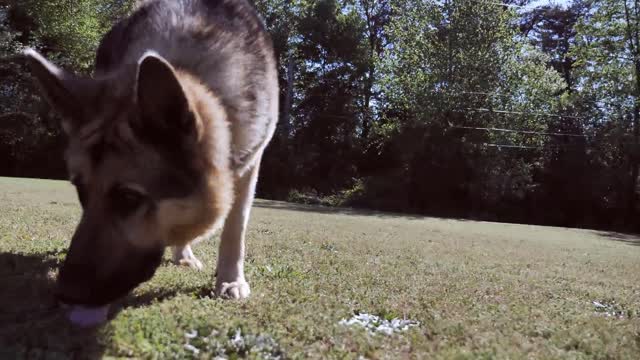
Understand the probiotic trend in animal nutrition.
Understand the probiotic trend in animal nutrition.
Probiotics are live bacteria or yeasts of different strains that can be added to food or feed. The best transient colonization occurs with microorganisms (MOOGs) such as lactic acid bacteria, which are mostly isolated from the gastrointestinal tract of mammals, and therefore have their best condition for growth and adaptation in them (provided they survive the thermal process and digestion steps prior to their arrival in the intestine).
The genera Lactobacillus, Bifidobacterium, and Streptococcus, for example, are lactic bacteria that colonize the gastrointestinal tract and act by competitive exclusion, adhering by means of fimbriae to the cells of the intestinal epithelium, as well as to the main pathogens. The few pet foods on the market that contain probiotics are restricted to the use of Bacillus sp and yeast (Saccharomyces cerevisiae), because they are considered more resistant microorganisms to the extrusion process. However, these are non-colonizing microorganisms, which only pass through the intestinal lumen along with the food content and do not adhere to the epithelium.
Probiotics have wide application in veterinary practice from the primary immunomodulatory effects beneficial to the intestinal microbiota. They exert a biological effect, promoting a low oxygen tension environment, preventing the growth of pathogenic microorganisms, mainly of the genus Salmonella spp. They also have a chemical effect, producing organic acids that will reduce the pH of the intestinal lumen, in order to inhibit the activity of harmful bacteria (such as Clostridium perfringens). They also promote the growth of beneficial microorganisms (such as Lactobacillus). Probiotics can also produce bacteriocins, which inhibit the development of Salmonella, Escherichia coli, and Staphylococcus, fighting disease-causing pathogens.
In turn, it is important to emphasize that the study of the microbiota of dogs and cats may also have an influence on human health, due to the increasingly close relationship between guardians and pets. Not only does dietary supplementation contribute to the modulation of the microbiota, but also our surroundings, as the individuals we interact with can also shape our microbial communities. A study by SONG and colleagues (2013) observed that dog guardians shared more bacteria with their dogs than with dogs of other guardians, especially in the skin microbiota.
-
 LIVE
LIVE
DeVory Darkins
38 minutes agoNewsom EXPOSED after latest bombshell and Democrats pulls shocking stunt regarding shutdown
765 watching -
 1:09:50
1:09:50
The Culture War with Tim Pool
1 hour agoJamaica Hurricane Predicts POLE SHIFT, The END Is Nigh | The Culture War with Tim Pool
19.1K29 -
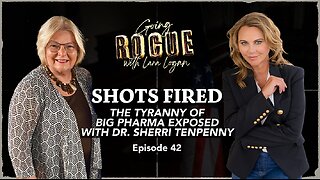 LIVE
LIVE
Lara Logan
8 hours agoSHOTS FIRED: The Tyranny of Big Pharma Exposed with Dr. Sherri Tenpenny | EP 42 | Lara Logan
292 watching -
 LIVE
LIVE
Sean Unpaved
1 hour agoRavens' Resurrection Night: Lamar Buries Miami, NFL/CFB Spooky HC Shifts, & Kalshi's Week 9/10 Odds!
74 watching -
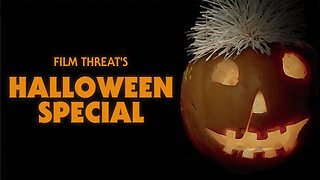 LIVE
LIVE
Film Threat
1 day agoHALLOWEEN HORROR + BACK TO THE FUTURE RERELEASE + MORE REVIEWS | Film Threat Livecast
69 watching -
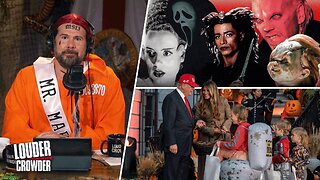 1:21:16
1:21:16
Steven Crowder
4 hours ago10th Annual Halloween Spooktacular: Reacting to the 69 Gayest Horror Movies of All Time
156K106 -
 57:39
57:39
The Rubin Report
2 hours agoKamala Gets Visibly Angry as Her Disaster Interview Ends Her 2028 Election Chances
16K44 -
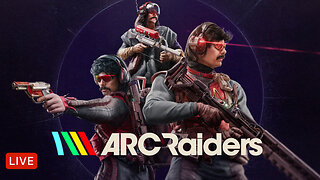 LIVE
LIVE
Dr Disrespect
2 hours ago🔴LIVE - DR DISRESPECT - ARC RAIDERS - DANGEROUS ADVENTURES (LEVEL 12)
1,593 watching -
 LIVE
LIVE
LFA TV
16 hours agoLIVE & BREAKING NEWS! | FRIDAY 10/31/25
2,495 watching -
 LIVE
LIVE
The Mel K Show
2 hours agoHunters Become the Hunted: A Reckoning Is Finally Coming - 10/31/25
856 watching